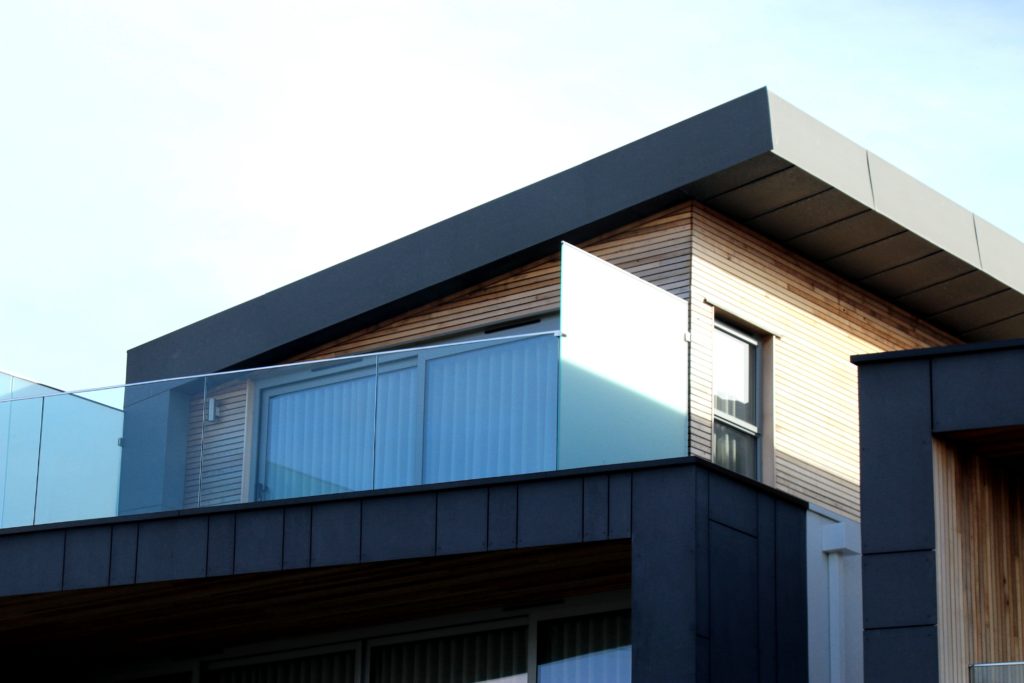It is an insurance requirement to have an annual inspection of your roof every year. For some insurers, it is twice a year.
Clubs need to adhere to their policy details and conditions
Avoid losing the right to indemnity or payment for a claim by understanding the details of your policy. Clubs must also fulfil conditions in relations to damages.
Checking roofs and having an official annual roof inspection are two very different things. An annual roof inspection for sports and social clubs requires a certified professional and documentation. These differ depending on the insurer and will be specified in the insurance details.
Invalid or alternative inspection records have led to repudiated or withdrawn claims. Roof damage claims can be in excess of £15,000, and so ensuring you have indemnity in place is essential.
Example of Roof Maintenance Conditions:
Roof maintenance policy conditions will vary depending on the insurer. Below are an example of conditions which must be adhered to by clubs, and may be present within your policy:
Guttering – all external guttering, gullies and down-pipes at the premises are to be inspected for damage and blockages.
Flat roofs – all flat roofed areas at the premises are to be checked to ensure they are weather-tight and in good condition.
Blockages – any damages or blockages discovered are to be repaired by a competent contractor, waste matter should be removed.
Upon an inspection, if any of these instances are identified, they must be rectified and recorded. Any defects identified must be repaired straightaway. Ultimately, upon a claim, such as a storm damage claim, insurers will request evidence that inspections and work was carried out in accordance with the conditions of the policy.
What to look out for if you have a flat roof:
You should maintain your roof all year round. The annual inspection is an insurance requirement, however roofs can be damaged or deteriorate at any point. Debris such as leaves can collect heavily on flat roofs, so it’s important to remove this regularly – don’t make it just an annual occasion.
Check the roof surface for any cracks or weak spots. Small amounts of damage can be quickly repaired. Don’t procrastinate. In winter, small cracks become a bigger problem. If water finds its way into the cracks and expands when it freezes, suddenly you’ll find yourself with substantial roof damage that’s not as easy to fix.
As your roof ages, you might notice some tell-tale signs it’s time for a new roof. If your roof’s prone to ‘ponding’ (an accumulation of water) blistering (raised patches), or if the material is loosening around the edges, you’ll definitely want to keep a close eye on it and consider a replacement.
Any changes to your roof need to be reported to your insurance broker, ensuring this doesn’t not compromise your cover, or result in underinsurance.

The impact of bad weather on flat roofs:
Bad weather causes and heightens common issues. A flat roof is no more likely to leak than a pitched roof, yet the condition of your roof is the most significant factor on whether a leak will occur. Alongside age, design and installation.
All drains and gutters are cleared properly and regularly. Pools of water eventually leading to leaks due to the material degrading. Mould or mildew are also possible.
Snow, hail or even heavy rain could lead to the roof bowing – yet another reason to check those drains.
The importance of an official inspection:
A DIY attitude, and a quick glance at the roof, is not considered a valid inspection. Without the presence of a qualified inspection, clubs can invalidate an insurance claim and end up spending a fortune.
A professional roofing contractor or property surveyor knows how to spot issues and can advise on the best way to fix them. They will also fulfil the documentation required, which will need to be sent to your insurance broker as evidence in case of a claim.

Keeping a record of roof inspection:
As with all claims, evidence is key. Make sure to record and retain all roof inspections. Alternative roof inspections to what is specified by your insurer will not be valid, and will most likely jeopardise you liability in the event of a claim.
Check your cover and understand policy conditions:
Check your cover for unique policy conditions or specifics which will need to be addressed. If there is anything within your cover you do not understand or require validation, please do not hesitate to talk to your broker.
Contact the Club Insure team to discuss your cover, and any specifications regarding flat roof cover.







